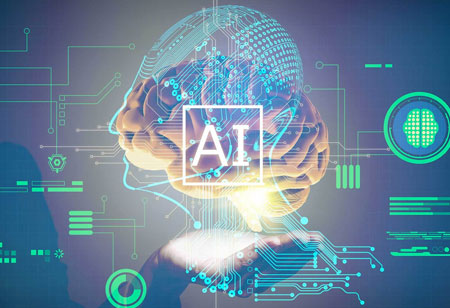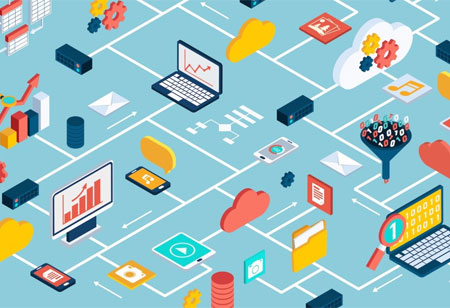THANK YOU FOR SUBSCRIBING
Addressing and Overcoming AI Concerns
Deep learning which is a subset of AI is used to understand better and process complex forms of data; there is no real way to determine its inner workings, so providers have to rely on trust.

By
Apac CIOOutlook | Thursday, January 01, 1970
Stay ahead of the industry with exclusive feature stories on the top companies, expert insights and the latest news delivered straight to your inbox. Subscribe today.
The industries cannot escape the buzz and hype of Artificial Intelligence (AI) today. However, healthcare’s adoption of AI is still in the infancy stage, in part, as many providers are even upgrading their processes and procedures. AI is not only providing tools and techniques to improve patient care but has also developed their bottom line. Despite all the benefits this industry is offering, some organizations are readily welcoming it whereas there are others who are concerned about the challenges AI pose in healthcare.
AI in Healthcare
One primary subject of concern among healthcare providers is related to AI’s data collection and accuracy. For that, AI must be appropriately implemented, to reach its full potential. Deep learning which is a subset of AI is used to understand better and process complex forms of data; there is no real way to determine its inner workings, so providers have to rely on trust. Some developers state that AI is much faster and accurate than humans.
Other fears in AI are related to providers losing their jobs, specifically radiologists. Some radiologists state that they have more duties and responsibilities than what they are utilizing AI for and AI solutions are a supplement to their workflow. Moreover, embracing a technology which supports patient’s outcome is beneficial.
Recognizing true potentials of AI
It’s high time that enterprises, developers, and governments acknowledge the real possibility of AI. Although AI has proved that it has the potential to reshape the society, there is an uncertainty that whether this technology will develop or not.
For many businesses, they need to accelerate the digitization process and ensure that they deploy AI tools efficiently. As AI is integrating large amounts of high-quality data into automated workflows, the influence and the impact of data is growing. Developers play a significant role in helping enterprises realize the potential of technology and assists in developing solutions that solve real-world problems.
There should be an urge to prepare for the transformational changes that AI can bring in the government sector. There is a need to reframe the public education system and employee training problems to ensure that the employee skills are complementary to machines. The need of the hour is to realize AI’s offerings, make it an essential part of business strategy, and realize its benefits.





